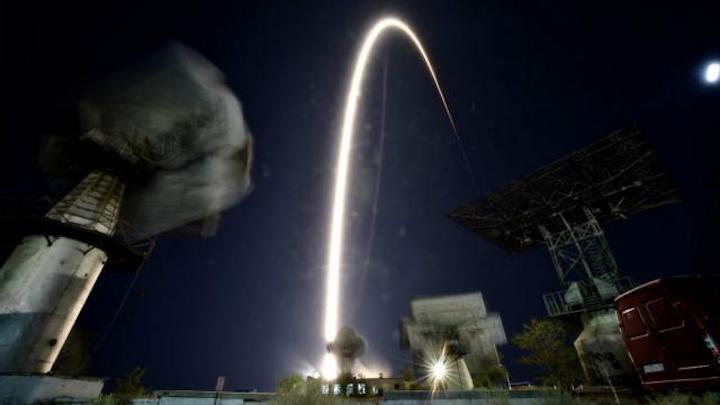11.08.2018

NASA has announced the crews of the first commercial human spaceflights that will launch from American soil, scheduled for some time next year.
The launches and crew include:
- The Boeing Starliner test flight: Eric Boe, Christopher Ferguson, and Nicole Aunapu Mann
- The SpaceX Crew Dragon test flight: Robert Behnken and Douglas Hurley
- First Starliner commercial flight: John Cassada and Sunita Williams
- First Crew Dragon commercial flight: Victor Glover and Michael Hopkins
- These astronauts will help America recapture the ability to fly humans into space. They are ethnically diverse, including two women. They were a mix of space shuttle veterans and space flight rookies. They represent a true shift toward commercialization.
When President George W. Bush announced, about a year after the space shuttle Columbia broke apart in the skies over Texas, that spaceflight to low Earth orbit would be commercialized, it seemed like a good idea at the time. Indeed, commercial spaceflight will be an excellent idea in the long run. But the process of getting there took a very long time, with a path fraught with political missteps and technical challenges.
When President Barack Obama doubled down on the commercialization of human spaceflight, Congress reacted with anger. The ire coming from the Capitol building stemmed not so much from the merits of the policy as at annoyance at Obama’s precipitous decision to cancel the Constellation space exploration program. The decision was made in secret and without consultation with Congress. It was tucked away in a budget proposal and was not even formally announced until after the fact. As a result, Congress underfunded the commercial crew program during its initial years.
Even after Congress got over its hurt feelings and started funding the commercial crew program fully, the project faced delays and technical challenges that kept pushing the first flights farther and farther into the future. The latest delays have pushed the first crewed flights into the middle of next year. Many observers suspect that the delays are not over. Most of the reason for these delays stems from the fact that rocket science is shorthand for something really difficult for a reason.
Nevertheless, the dawn of commercial human spaceflight is at last drawing nigh. Much of the perception that the United States has lost its space leadership stems from the fact that, since the last space shuttle mission in 2011, American astronauts have had to hitch rides with the Russians. Russia, under Vladimir Putin, has increasingly become a hostile foreign power, placing at risk the space partnership first forged in the 1990s. When Americans start flying American-made spacecraft from American soil, a lot of policymakers will breathe easier. American access to space will no longer be held hostage to the whims of the Kremlin.
The two spacecraft, the Crew Dragon and the CST-100 Starliner, resemble capsules that took astronauts as far as the moon in earlier times. However, they are stuffed full of modern electronics and avionics that come from the 21st century. One of the astronauts noted that flying the new commercial spacecraft will be as easy as flying an iPad.
The restoration of American human spaceflight will be an important event in the history of the space program. The fact that it will be done commercially has implications that go beyond all that, presaging an era when space flight will become as common as air travel.
The high frontier will no longer be the exclusive province of astronaut-heroes, but also of scientists, businessmen, employees of future space-based enterprises, tourists, and settlers. A new epoch in human history will have begun because of commercial space travel.
Quelle: THE HILL
